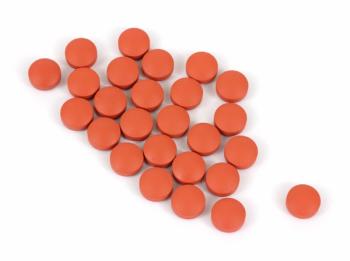
Explore effective strategies for managing menstrual pain, including diet, exercise, and nonpharmacological therapies, while embracing women's health awareness.
Ashley Gallagher is an assistant managing editor at Drug Topics®. She graduated in 2020 in journalism and mass communications and received her master’s degree in 2025 in digital journalism from St. Bonaventure University. Previously, she worked as a pharmacy technician for a retail chain.

Explore effective strategies for managing menstrual pain, including diet, exercise, and nonpharmacological therapies, while embracing women's health awareness.
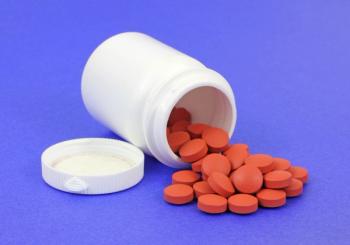
Joanna Lewis, PharmD, MBA explores effective over-the-counter solutions for menstrual cramps, including NSAIDs, supplements, and tips for optimal relief.
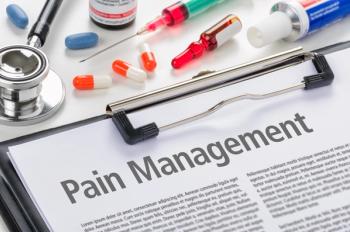
As part of the guidance, the FDA emphasizes drug development, specifically with trial design, patient populations, and outcomes such as reducing the need for opioids.
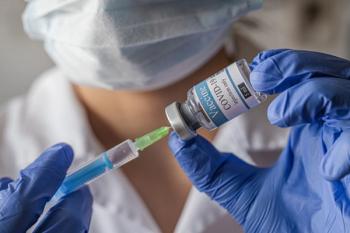
As the 2025-2026 respiratory season approaches, the CDC’s Advisory Committee on Immunization Practices has not met and voted on guidelines for COVID-19 vaccines.

Olezarsen significantly reduces triglycerides and acute pancreatitis events, offering new hope for patients with severe hypertriglyceridemia.
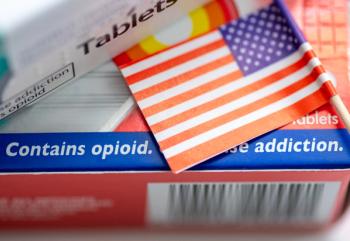
In pharmacies in predominantly Black and Latino neighborhoods, only 18% and 17% were likely to carry buprenorphine compared with White neighborhoods.

Orforglipron shows results in weight loss and diabetes management, offering a new oral treatment option for patients.

CVS will not offer COVID-19 vaccines in Massachusetts, Nevada, and New Mexico.
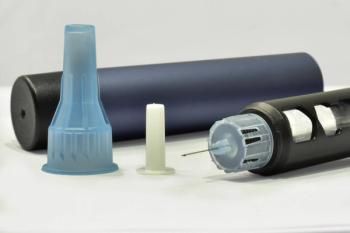
The FDA approves denosumab-nxxp (Bildyos and Bilprevda), enhancing access to vital bone health treatments for osteoporosis and cancer-related conditions.

FDA approves Leqembi's subcutaneous formulation, enhancing accessibility for Alzheimer treatment and paving the way for future combination therapies.

Pharmacists navigate complex immunization challenges and address parental concerns and misinformation while advocating for streamlined vaccine access and adherence to evolving guidelines.

Laura Knockel, PharmD, BCACP, emphasize the importance of evidence-based recommendations and reliable resources for parents.

Childhood immunization guidance in the US faces confusion as the AAP and CDC diverge on COVID-19 vaccine recommendations, impacting parents and providers.
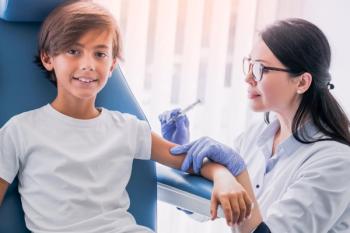
Confusion arises as health organizations diverge on COVID-19 vaccine recommendations for children, highlighting the need for clear guidance and support.
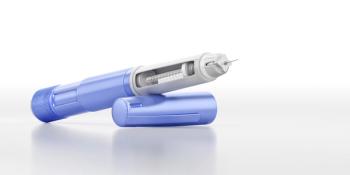
Liraglutide is the first glucagon-like peptide-1 to have a generic equivalent for both type 2 diabetes and obesity indications.

The approved vaccines include Novavax’s Nuvaxovid and Moderna’s Spikevax and mNexspike.

The approval covers Pfizer and BioNTech’s LP.8.1-adapted monovalent COVID-19 vaccine, which is also indicated for patients aged 5 to 64 with at least 1 underlying condition.

However, caution with empagliflozin use should be applied for patients previously taking angiotensin-converting enzyme inhibitors or angiotensin receptor blockers.

Certified diabetes care and education specialists and clinical pharmacists are essential members of diabetes care teams.

Investigators emphasize the importance of proper education regarding diabetes and continuous glucose monitors.
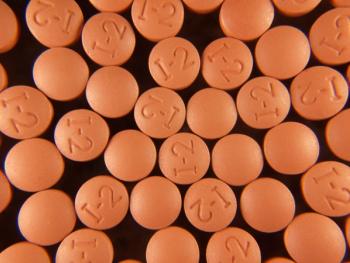
A range of evidence-based strategies for managing menstrual pain, such as heat therapy and gentle exercise, can help improve menstrual pain.

Investigators find this association primarily affects female patients when compared with male patients.

The FDA removes the prior requirement for a patient who is already diagnosed with a cardiovascular disease.

Palmer addresses the limitations of alternative methods such as acetaminophen, herbal supplements, and cannabis products, urging patients to consult health care professionals.

Michelle Palmer, PharmD, FASCP, also emphasizes the importance of heat therapy, gentle exercise, adequate sleep, and relaxation techniques as management techniques.
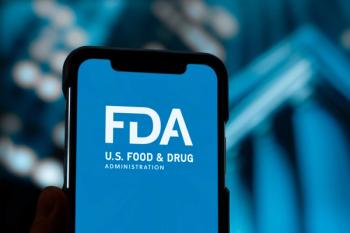
The Signos Glucose Monitoring System uses body signals that help to improve sleep, manage weight, and decrease the risk of chronic disease.
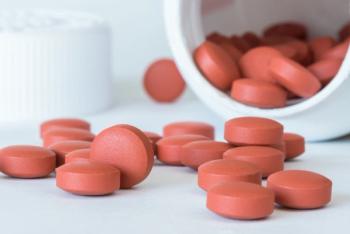
Discover effective over-the-counter solutions for menstrual cramps, including NSAIDs and alternative therapies, to alleviate pain and discomfort.
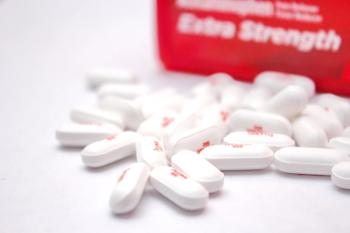
Chronic pain affects many older adults, highlighting the need for safe acetaminophen use and effective pain management strategies.

Currently, systemic estrogen replacement therapy is contraindicated for women who have a history of ischemic stroke due to the risk of stroke recurrence.

New clinical trial results reveal upadacitinib's effectiveness in achieving significant hair regrowth for patients with severe alopecia areata.